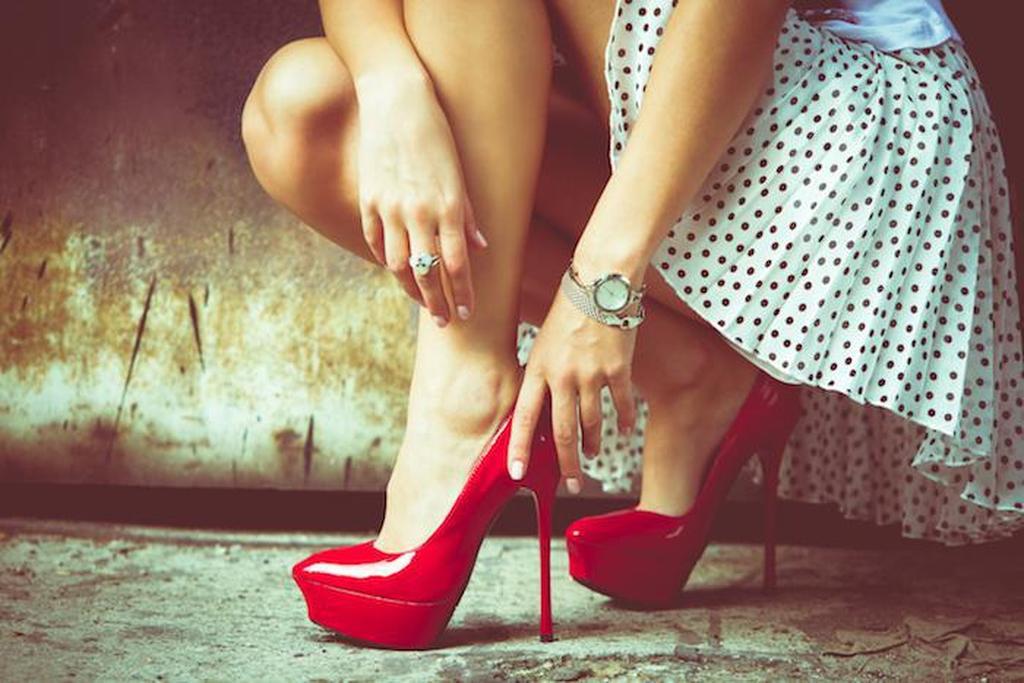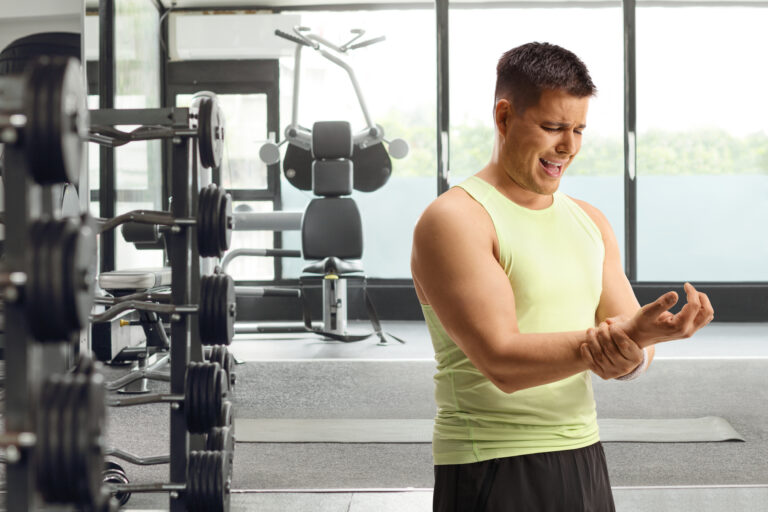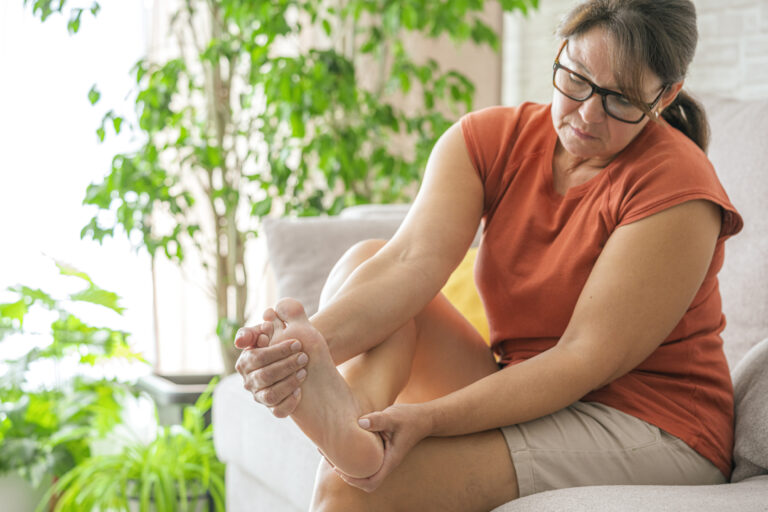Did you know that the average American walks about two miles every day? Considering the typical life expectancy is roughly 80 years, that means we can expect to walk an average of about 60,000 miles during our lives — or roughly twice around the equator.
That’s a lot of wear and tear on your feet — especially if you’re doing most of that walking in shoes that don’t fit well. Ill-fitting shoes don’t just hurt — they can wind up causing a lot of foot problems, along with chronic pain in your feet, legs, knees, and back.
With practices in Dallas, Plano, Keller, Weatherford, and Fort Worth, Texas, Texas Orthopaedic Associates wants patients to have the tools they need to make healthy decisions about their feet. That includes understanding the very important link between your shoes and your foot health.
Shoes and foot health
Your feet contain 52 bones — along with dozens of tendons, ligaments, and muscles — all designed to support your weight and keep you moving. Ill-fitting or nonsupportive shoes expose your feet to uneven stress that can cause an array of foot problems, like:
- Bunions
- Ingrown toenails
- Corns and calluses
- Hammertoe
- Arch problems
- Plantar fasciitis
- Neuromas
If you have arthritis or diabetes, the “wrong” shoes could increase your risks of bone deformities or serious infections called foot ulcers. Foot ulcers are a leading cause of lower limb amputations in people with diabetes.
The worst offenders
While any shoe that doesn’t fit well can cause foot problems, some shoes are more likely to cause problems than others.
High heels
High heels force your feet down, putting extreme pressure on your toes and the balls of your feet. That excess pressure significantly increases your risk of developing painful neuromas, stress fractures, and tendon and ligament damage. High heels also throw off your center of gravity, which can lead to knee and back pain, too.
Flip flops
What could be more convenient than slipping into a pair of flip-flops, slides, or clogs, especially when the weather turns warm? The problem with all these shoes is that typically, they provide little support for your arch, your toes, or your ankles. These shoes can also cause us to continually flex our toes with every step we take, leading to excess strain on your feet.
Pointy shoes
Narrow toes might be a popular option for dress shoes, but that skinny toe area causes major toe crowding. Over time, that can lead to corns, hammertoes, ingrown toenails, and bunions.
Sports shoes
Sports shoes can be an excellent choice for keeping your feet supported and problem-free during all sorts of activities — as long as you choose the right shoe.
One more thing to remember: Your feet can change as you age, sometimes a lot. That means even shoes that were once comfortable could now cause foot problems and pain. During an office visit, our team can determine if your shoes are responsible for your foot problems or if another issue is to blame.
Relieving foot problems
Wearing supportive shoes that fit well is an important key for relieving a lot of foot problems, including chronic foot pain. But if you’ve been wearing the “wrong” shoes for a long time, you may need a little medical help to find relief.
At Texas Orthopaedic Associates, our team conducts a comprehensive evaluation of your foot health, including an analysis of your gait (the way you walk). Your treatment plan may include a variety of approaches, including the use of custom orthotics to give your feet the support they need to stay healthy.
Foot pain can make you feel miserable all day long. To learn how our team can help you find much-needed relief for your foot problem, book an appointment online or over the phone today.












